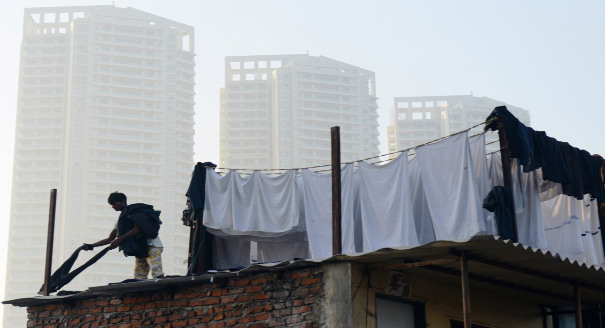Registration
You will receive an email confirming your registration.
The idea of a universal basic income (UBI) has gained renewed attention amid growing concerns about technological unemployment in advanced economies. More recently, economists have made the case for a UBI in the developing world, where cash transfers distributed to all citizens, rich and poor, may cut through layers of red tape and lead to outsize gains in poverty reduction. In an attempt to apply this theory to India, the Indian Ministry of Finance’s 2016-17 Economic Survey provides the most exhaustive treatment thus far of implementing an Indian UBI.
Saksham Khosla’s new report, India’s Universal Basic Income: Bedeviled by the Details, provides a deep dive into the Economic Survey’s proposal, bringing to light both what the proposal envisions and what it fails to address. Khosla’s report recommends that, rather than rely exclusively on the survey’s proposed course of action, Indian policymakers use large-scale experimental evaluations to reveal the most effective role for UBI in India’s welfare architecture.
Carnegie hosted a Google Hangout discussion with Saksham Khosla, Rinku Murgai, and Justin Sandefur. Carnegie’s Milan Vaishnav moderated the discussion.
Saksham Khosla
Saksham Khosla is a research analyst at Carnegie India.
Rinku Murgai
Rinku Murgai is a lead economist in the Poverty and Equity Global Practice of the World Bank.
Justin Sandefur
Justin Sandefur is a senior fellow at the Center for Global Development.
Milan Vaishnav
Milan Vaishnav is senior fellow and director of the South Asia Program at the Carnegie Endowment for International Peace.
